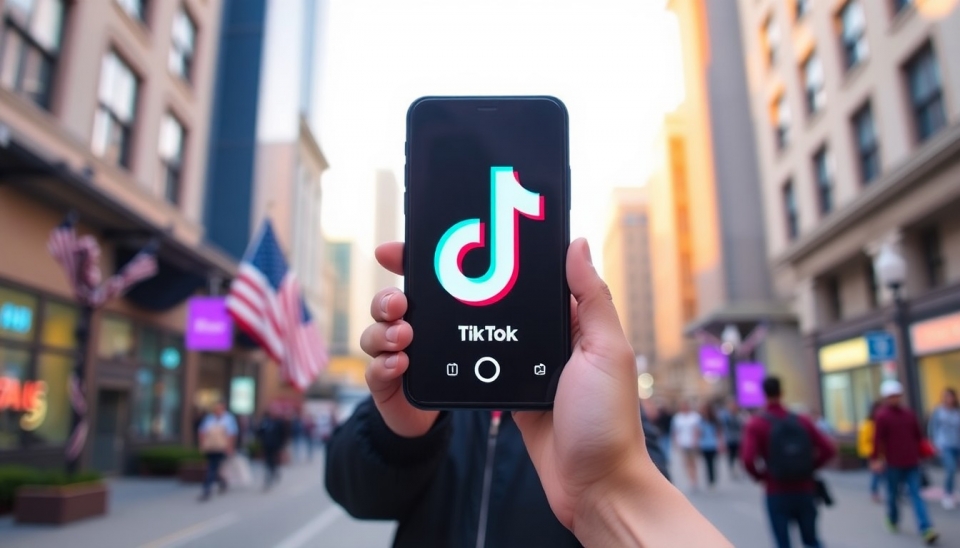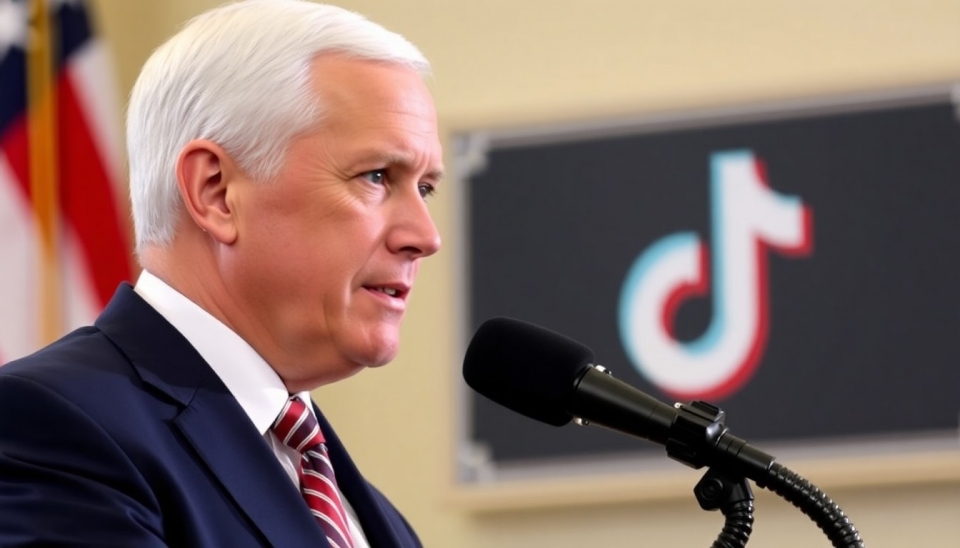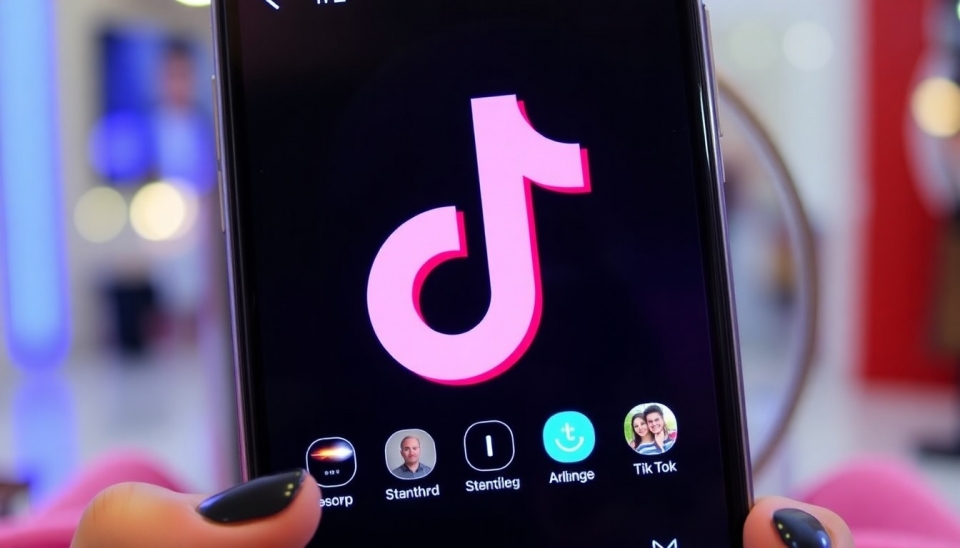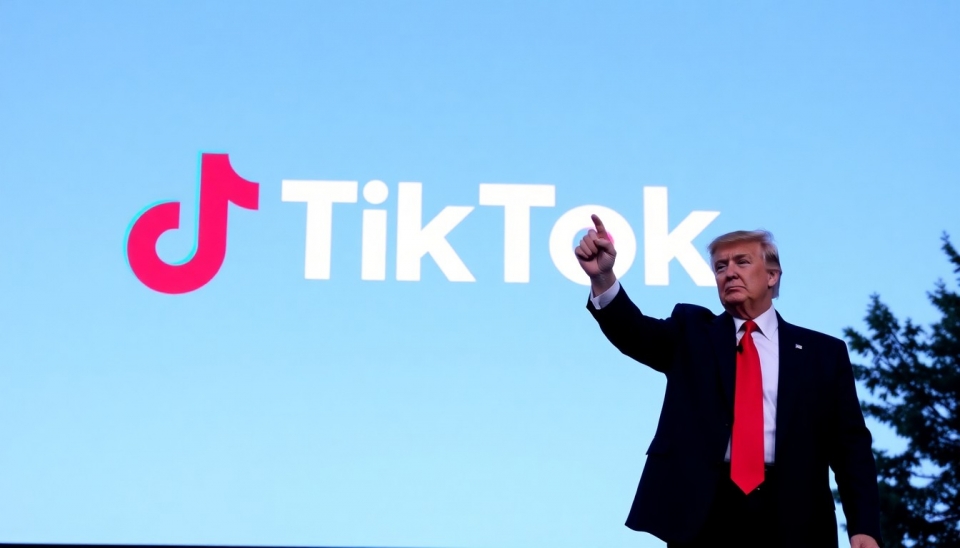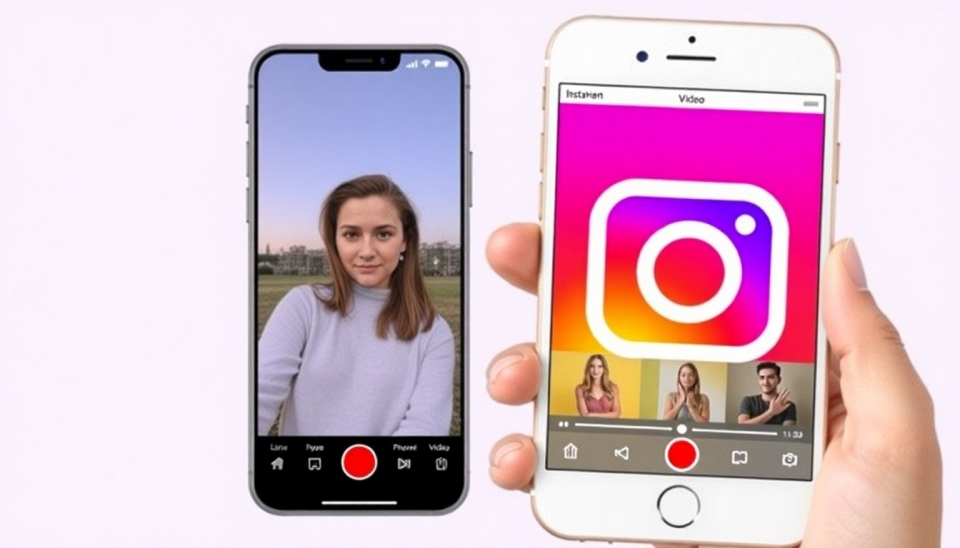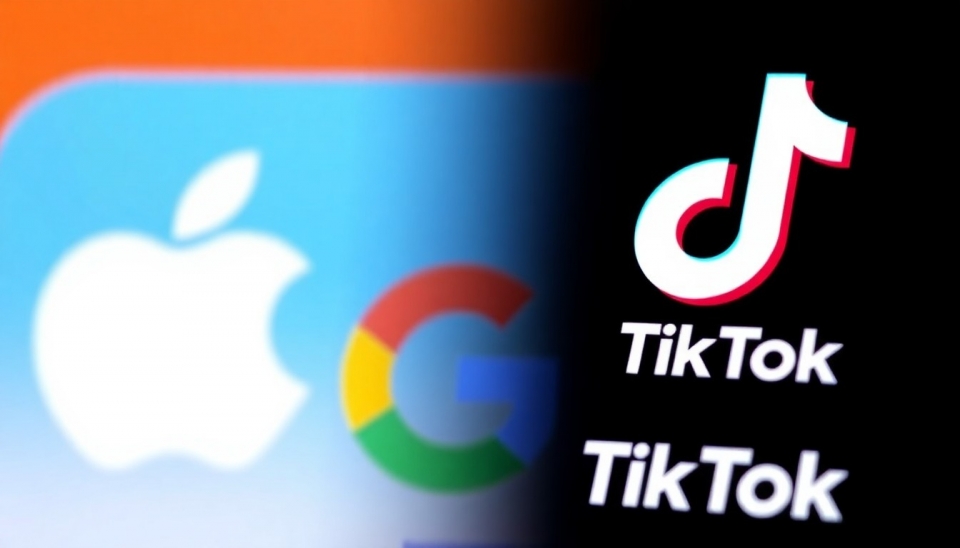
The escalating conflict between the United States and China over technology and data privacy has reached a new peak with the recent ban on TikTok, a popular social media platform owned by the Chinese company ByteDance. This governmental decision has not only led to a wave of scrutiny surrounding TikTok but has also thrust major U.S. tech giants, Apple and Google, into the geopolitical limelight, forcing them into a complex and unfamiliar arena.
As the Biden administration intensifies its crackdown on TikTok, allegations surrounding the app's potential threats to user data privacy and national security are growing. The administration's concerns revolve around the fear that the Chinese government could leverage user information collected by the app for espionage purposes. This has sparked a flurry of discussions regarding the implications for tech giants Apple and Google, who are inextricably linked with the app as the primary distributors through their app stores.
In light of these developments, Apple and Google find themselves navigating a treacherous landscape. Both companies have a vested interest in maintaining their relationship with the Chinese market, which is critical for their hardware sales and overall profitability. However, the enforcement of a ban could lead to significant repercussions, not only for TikTok but for their operational strategies in China.
Another layer of complexity arises from the fact that Apple and Google have built extensive ecosystems in China, relying on a vast number of users and revenue streams. A sudden shift away from TikTok could disrupt the delicate balance of U.S. businesses operating in a region rife with geopolitical tension. As the situation unfolds, both companies may face pressure to comply with federal regulations while simultaneously gauging the potential backlash from Chinese authorities.
Industry experts suggest that the fallout from this situation could lead to a ripple effect across the tech sector, potentially altering how U.S. companies engage with overseas markets. The fear of being implicated in international conflicts might lead tech firms to reevaluate their partnerships and data privacy frameworks. This evolution is already being observed with companies accelerating their efforts towards greater transparency and data segregation.
The ban on TikTok has also reignited debates around data ownership, user privacy, and the responsibilities of tech companies in an increasingly interconnected world. As American consumers become more aware of the implications of sharing their data, companies like Apple and Google must reconcile their corporate strategies with the expectations of users concerned about their digital privacy.
In the wake of the TikTok ban, the stakes have never been higher for both the U.S. government and tech companies. The intersection of technology, commerce, and international relations is becoming increasingly vital to understand for those involved, as they must maneuver through a maze of regulations and public sentiment while keeping an eye on the shifting political landscape.
As events unfold, the tech community is watching closely how both Apple and Google will respond to any legislative challenges arising from TikTok’s ban, and whether they will step forward as leaders in advocating for user data rights amidst an evolving geopolitical landscape. The outcomes could have lasting implications for the future of U.S.-China relations and the global tech industry as a whole.
In conclusion, the TikTok ban symbolizes not only the friction between two of the world's largest economies but also the profound impact that geopolitical tensions can have on multinational tech enterprises. Companies operating in this space must remain agile and prepared for constant change, or risk being left behind in an increasingly complex digital age.
#TikTokBan #Apple #Google #USTech #ChinaRelations #DataPrivacy #GeopoliticalTensions #ByteDance
Author: Liam Carter
